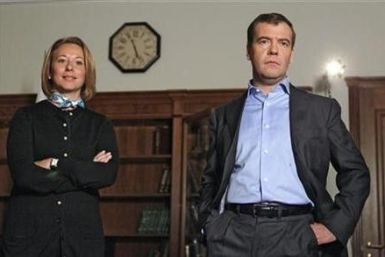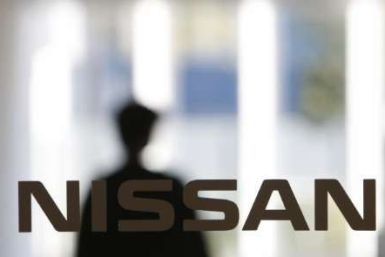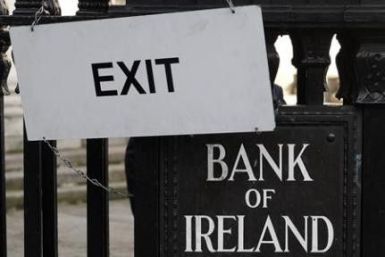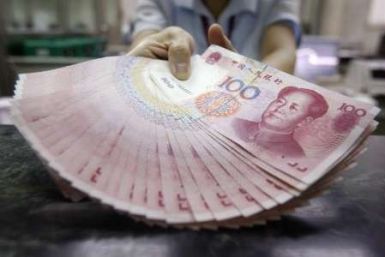Performance of the US dollar, Europe's periphery issues, inflation in developing world, consumption by developed ones, and of late, tensions in Korean peninsula- a lot of things are weighing on oil. The net result in recent weeks was positive for the greenback and therefore negative for oil. Still, the commodity is set to end this week with a positive note despite losing more than a dollar from its intra-week high by Friday. So, what is the trend? Where is oil heading?
The European Commission announced plans on Thursday to ban trading credits related to certain industrial gases from its Emissions Trading System (ETS) starting from 2013.
Precious metals and euro dropped on Friday as European periphery worries intensified, helping safe-haven interest into the US dollar. EUR/USD touched a fresh 2-month low.
The European Union is attempting to find alternate sources of rare earth mineral after China's exports of the mineral fell drastically last month.
Germany's argument for a policy to make private investors pick up part of the bill for any future bailouts won support from France as more European countries seem to require financial aid.
After nearly a 17-year long wait, Russia could finally be a member of the World Trade Organization by 2011, as it finally reached a deal with European Union, the last opposing member, on Wednesday.
Iceland’s decision to resume international trade in whale meat with Japan brought a sternly worded response from U.S. Commerce Secretary Gary Locke.
The government of Ireland has released a grim four-year austerity budget that seeks to alleviate the country's debt crisis.
Business confidence in Germany surged to record highs in November, despite sovereign debt woes in Ireland and fears of a contagion to other euro zone members.
Nissan Motors Co would be the world's first hybrid to come equipped with standard pedestrian warning sounds for its new 2012 Infiniti M35h, when it goes on sale at Infiniti retailers nationwide in early 2011, the carmaker said in a statement.
Sovereign debt crises in peripheral Europe threaten to bring down the overall euro zone economy because European banks are heavily expose those debt.
Germany has strongly condemned the Russian government move, what they call as “reciprocating”, to make visa norms “strict” for the EU citizens.
Greece's international lenders have agreed to provide the debt-ridden country with the third installment of a loan – valued at 9-billion euros -- but warned that the Greeks must make an extra effort to address its deficit next year.
The Irish government is busy finalizing an austerity plan that is expected to save about 15 billion euros, even as the opposition called for early elections in January.
Germany's economy grew in line with expectations in the third quarter, but remained sluggish compared to the growth in the previous quarter, according to a report from Destatis, the Federal Statistical Office of Germany.
The massive EU and IMF bailout for Ireland doesn't seem to be working as the euro currency, European stocks, and Irish stocks gave back early gains and closed with losses. Irish bonds are still up for the day, but not by much.
Despite signs that the government of Ireland will receive a huge bailout package from the European Union (EU) and International Monetary Fund (IMF), Irish banks that trade in the U.S. as ADRs are getting hammered this morning in early trading.
The Chinese government has announced a slew of measures to combat rising commodity prices, including boosting agricultural production and stabilizing supply of products and fertilizers.
Italy has been asked by the European Union (EU) to pay up for an Elton John concert in Naples in 2009 after questions over the use of funds from the developmental aid granted for Campania.
As early as the 1980s, fault lines began to appear in Europe's economy and the global financial crisis tore them wide open. Now, Europe perhaps faces its greatest economic challenges since WWII.
President Barack Obama on Friday praised the steps Portugal Prime Minister Jose Socrates is taking to reduce his nation's budget deficit and debt.
The Central Asian nation of Turkmenistan has promised to supply natural gas for the proposed Nabucco pipeline -- a project that could allow European Union (EU) countries to rely less on Russian energy in the future.











































